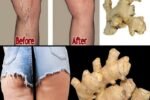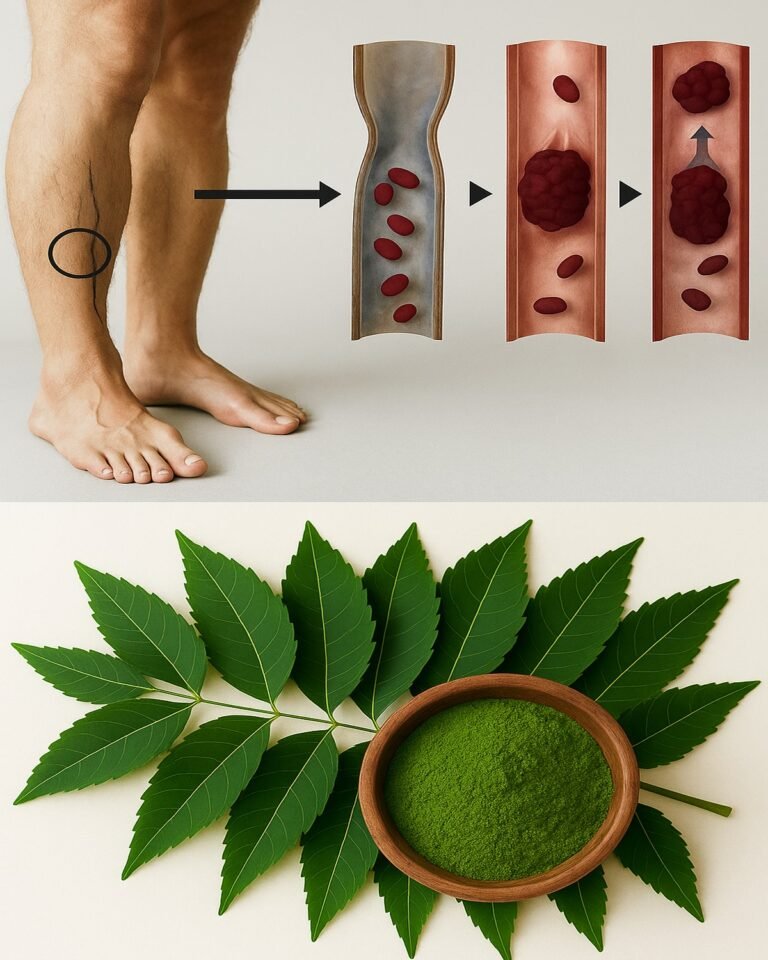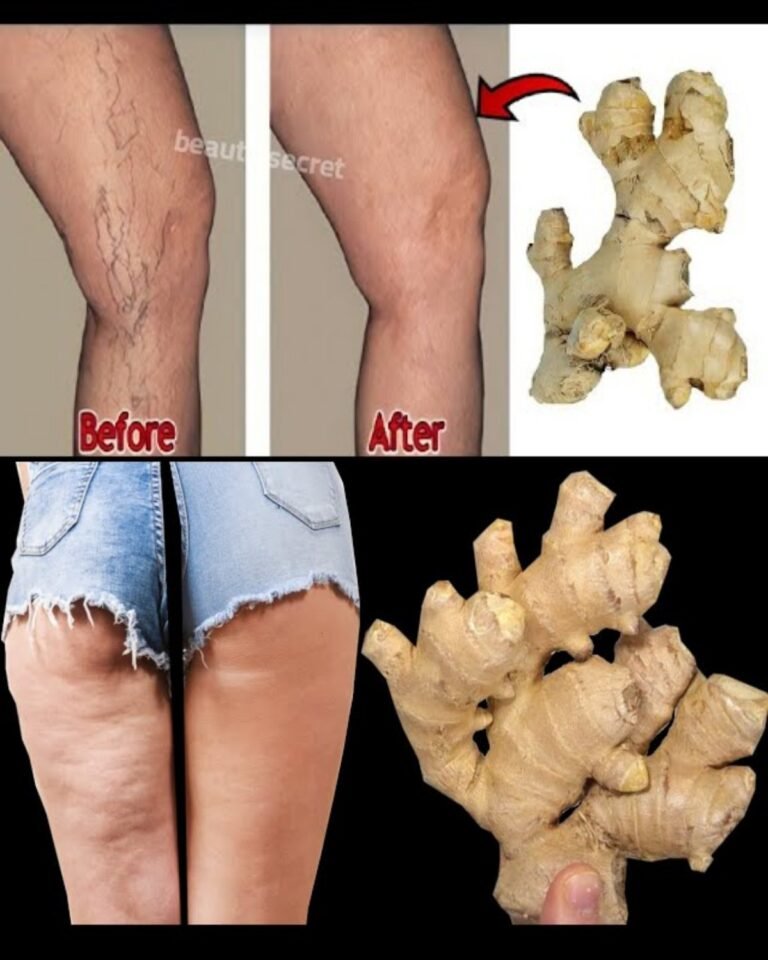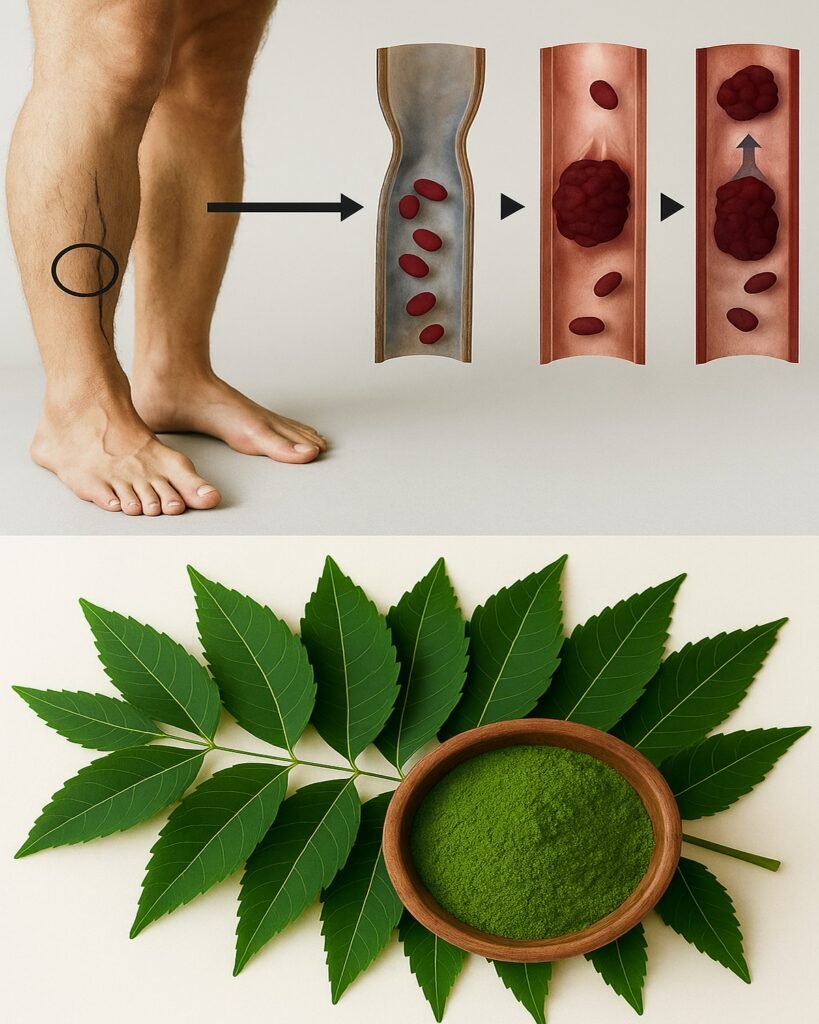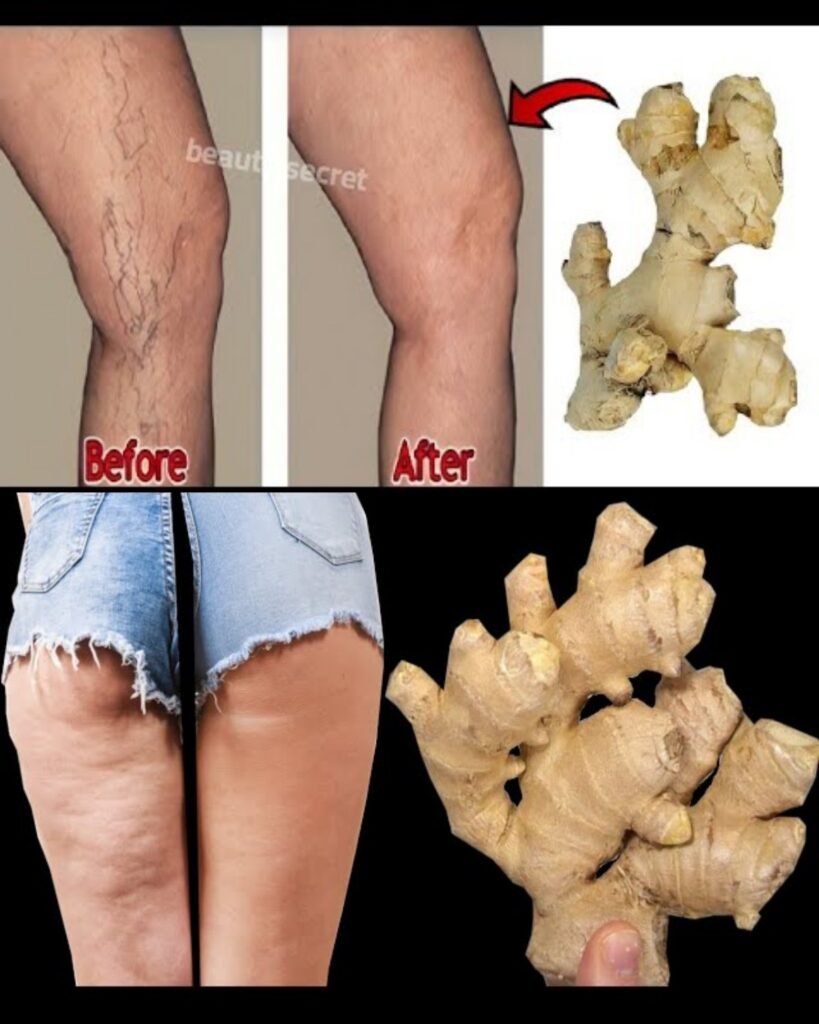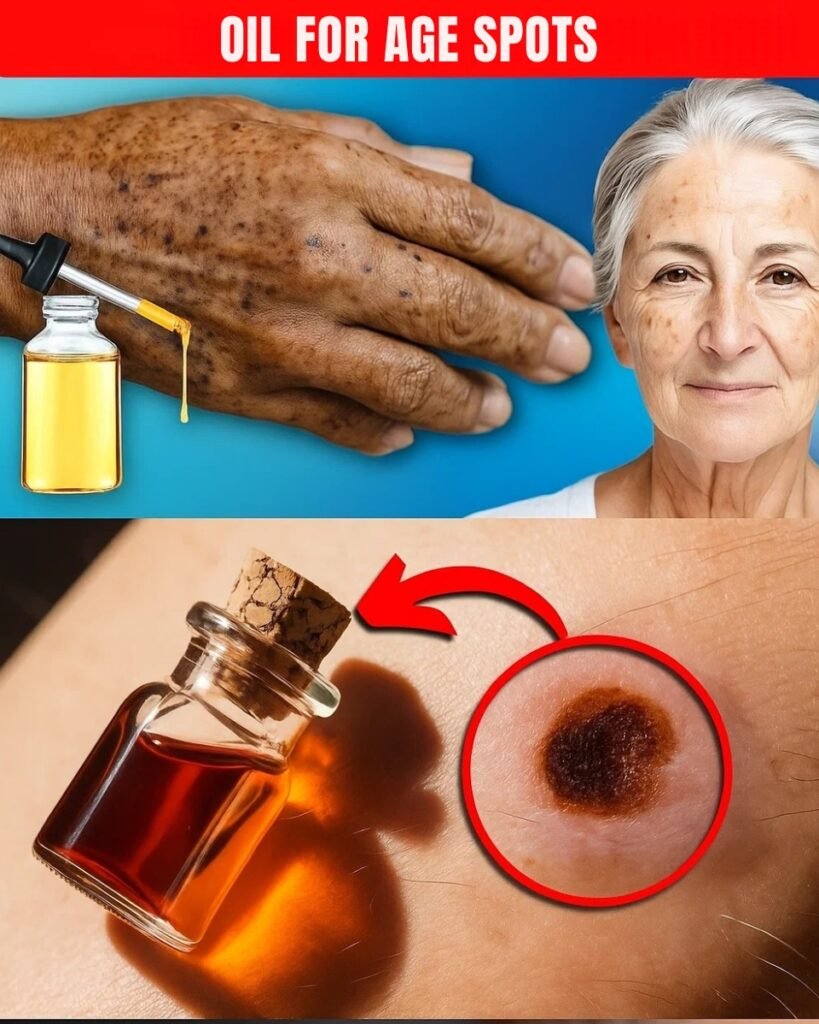Natural Ways to Support Cavity Repair and Prevention
Cavities can cause discomfort and, if left untreated, lead to serious dental issues. While advanced cavities usually require professional treatment, it is possible to naturally support your oral health and prevent cavities from worsening in their early stages. By focusing on remineralizing your teeth and maintaining good oral hygiene, you can protect your smile and possibly avoid extensive dental procedures.
Understanding Cavities and Tooth Demineralization
A cavity begins with tooth demineralization, which occurs when enamel—the outer protective layer of your teeth—loses minerals due to acids from bacteria and food. Early-stage cavities (known as incipient decay) can sometimes be reversed through natural methods before they progress into deeper damage.
Natural Ways to Support Cavity Repair and Prevention
1. Maintain Proper Oral Hygiene
Good oral hygiene is the foundation of cavity prevention.
Brush your teeth twice a day with fluoride toothpaste to strengthen enamel.
Floss daily to remove food particles and plaque between teeth.
Rinse with an antibacterial mouthwash to reduce harmful bacteria.Certain foods can promote remineralization and reduce the risk of cavities.
Calcium-Rich Foods: Dairy products, leafy greens, and almonds help strengthen teeth.
Phosphorus-Rich Foods: Eggs, meat, and fish support tooth enamel.
Reduce Sugary Foods: Minimize consumption of sugary snacks and beverages, as they feed cavity-causing bacteria.
Drink Water: Stay hydrated to wash away food particles and maintain saliva production.
3. Use Natural Remineralizing Agents
Fluoride Toothpaste or Mouthwash
Fluoride strengthens enamel and can help reverse early demineralization.
Mineral-Rich Products
Use toothpaste or powders containing hydroxyapatite, a natural enamel-rebuilding mineral.
Rinse with a solution of calcium phosphate or calcium glycerophosphate for added protection.
4. Oil Pulling
This ancient Ayurvedic practice involves swishing coconut or sesame oil in your mouth for 10–20 minutes.
Benefits: Reduces harmful bacteria, improves gum health, and may reduce plaque.
5. Use Natural Antibacterial Agents
Clove Oil: Apply a drop to the affected area for pain relief and antibacterial effects.
Tea Tree Oil: Dilute with water and use as a rinse to combat bacteria.
6. Chew Sugar-Free Gum
Chewing gum with xylitol stimulates saliva production and reduces bacterial growth.
7. Boost Saliva Production
Saliva naturally neutralizes acids and aids remineralization.
Chew sugar-free gum or eat fibrous fruits and vegetables like apples and celery.
Stay hydrated throughout the day.
8. Get Adequate Vitamins
Vitamin D
Promotes calcium absorption for stronger teeth. Spend time in the sun or consume fortified foods like milk and eggs.
Vitamin K2
Helps direct calcium to your teeth and bones. Found in fermented foods like natto or supplements.
Vitamin C
Supports gum health and reduces inflammation. Found in citrus fruits, bell peppers, and berries.
Tips for Long-Term Dental Health
Replace Your Toothbrush Regularly: Use a new toothbrush every 3–4 months or when the bristles fray.
Schedule Regular Checkups: Even if you’re using natural methods, regular dental checkups are important for catching issues early.
Avoid Smoking: Smoking increases the risk of cavities and gum disease.
Limit Acidic Foods and Beverages: Foods like soda, citrus fruits, and vinegar can erode enamel over time.
When to See a Dentist
While these natural remedies can support oral health, deeper cavities or persistent pain should be evaluated by a dentist. Early professional intervention can prevent more extensive damage.
By incorporating these natural tips into your daily routine, you can strengthen your teeth, promote remineralization, and reduce the likelihood of cavities. Start today to protect your smile and maintain excellent oral health!

